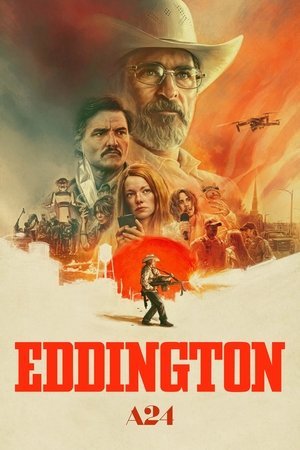The Power of Propaganda – And Why Alexander Nevsky Still Echoes Today
Okay, so "Alexander Nevsky." Just saying it sounds epic, doesn't it? It’s a film that sits at this fascinating intersection of history, art, and… well, let’s be honest, pretty heavy-duty propaganda. And while the term “propaganda” might sound negative – think manipulative political ads or something – understanding its role in cinema is key to appreciating so much classic filmmaking.
Sergei Eisenstein's Alexander Nevsky (1938) isn’t just a film about Prince Alexander defending Russia against the Teutonic Knights; it’s a deliberate construction, designed to bolster morale during a very tense pre-war period for the Soviet Union. Think of it as a cinematic pep rally. Eisenstein uses techniques – like incredibly impactful montage sequences - that he pioneered (and which are still studied by filmmakers today!) to create a visceral feeling of Russian unity and heroism facing down foreign aggression. It's not subtle; there’s a constant reinforcement of the “us vs. them” narrative, portraying the German knights as monstrous and ruthless.
What makes it so interesting is how powerfully this approach works, even now. The battle scenes are breathtakingly staged – that frozen lake on Lake Chudskoe becomes almost a character in itself - and the choral music (by Sergei Prokofiev) is absolutely unforgettable. It’s stirring stuff, seriously. I remember seeing it for the first time as a student; I was blown away by the scale of it all, but also felt this strange discomfort with how… direct its message was.
Interestingly, you see echoes of this kind of nationalistic fervor in other films, even ones that aren't explicitly propaganda pieces. Consider, for example, Braveheart. While ostensibly a tale of Scottish liberation, it definitely leans into the romanticization of struggle and heroism against oppression, drawing parallels (intentionally or not) to earlier narratives like Alexander Nevsky. Even something as seemingly straightforward as a superhero movie often utilizes similar techniques – good versus evil distilled down to its purest form.
Alexander Nevsky isn’t necessarily "entertainment" in the modern sense - it's an event, a statement. But engaging with it provides a powerful lens through which to view not only Soviet cinema but also understand how art can be harnessed (and sometimes manipulated) to serve larger political agendas. It's definitely worth experiencing – just go in knowing you’re getting more than just a historical drama; you're getting a piece of history itself.




















